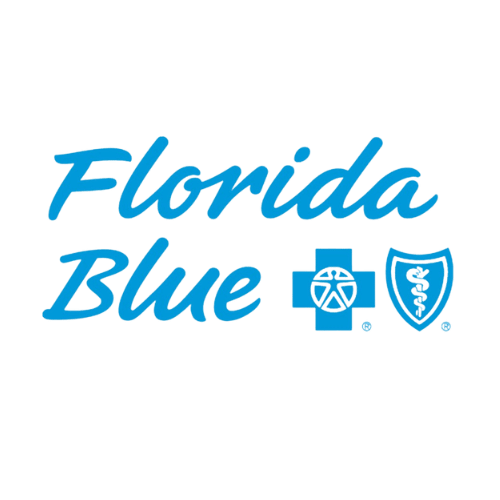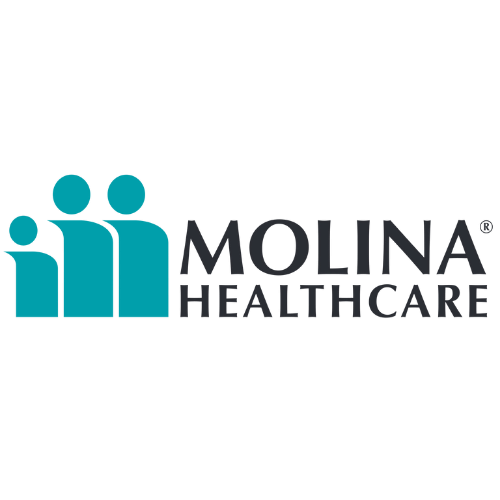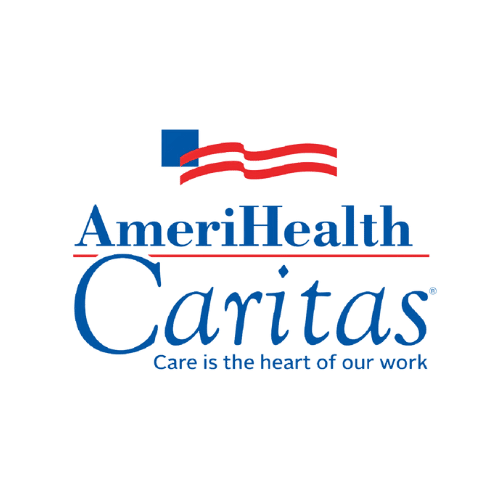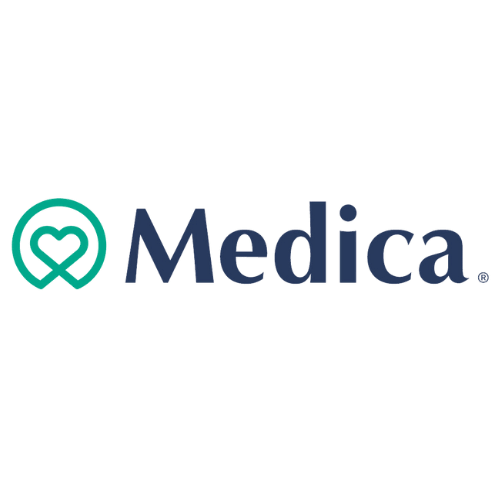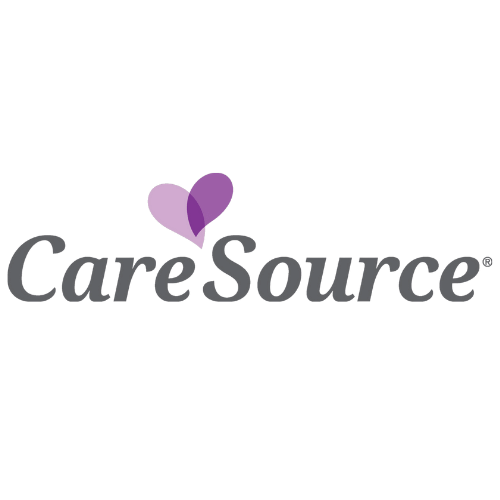Medical Insurance Agency
Get professional advice to acquire the insurance coverage you and your family need. With us it is always fast, effective and efficient.
Ragde Gaillard
GENERAL INSURANCE ADVISOR

Excelente Elección
What differentiates us from our competitors
Our team of insurance coverage professionals are available to advise you and help you understand your coverage options, address your questions and resolve problems efficiently and quickly.
Benefits included for our customers
Historical Results
HOW I CAN HELP YOU
Discover our wide range of insurance options to protect your health and meet your needs.

Health Insurance
This type of insurance helps cover or assume the greater risk for a monthly payment, all costs associated with medical services, such as medical consultations, treatments, surgeries, prescription drugs and hospitalization. Learn more through the link below.

Life Insurance
Life insurance is an important form of financial protection for families in the event of tragedy. The amount or value of life insurance depends on each person’s financial needs and individual circumstances. Learn more through the link below.

Dental Insurance
Dental insurance is designed to help cover part of the costs of dental procedures, making regular dental care and necessary treatments more affordable for policyholders. Learn more through the link below.

Vision Insurance
Vision insurance is a type of insurance designed to help cover the costs associated with vision care and vision-related products. This type of insurance is specifically intended to cover services such as eye exams, contact lenses, eyeglasses, and, in some cases, ophthalmological procedures. Learn more through the link below.

SUPPLEMENTAL INSURANCE
Supplemental insurance is insurance obtained in addition to primary health insurance, such as Medicare or Obamacare or Private Health Insurance. This type of insurance is designed to pay you cash in case of Sickness, Hospitalization, Accident and Death among other benefits depending on the type of policy purchased. Learn more through the link below.

Identity Insurance
Identity insurance is designed to provide continuous monitoring of the insured’s personal information, such as social security number, credit reports, financial activity and more. In case of losing any legal document such as license, residence or passport among others, the cost of the procedure would be covered by the company. Learn more through the link below.
Obtain your Insurance in a Fast, Effective and Efficient way.
Explore our wide selection of services that meet a variety of needs, ensuring complete customer satisfaction.
Testimonials
This is what customers think of us






Frequently Asked Questions
Find answers to frequently asked questions about our products and services.
WHAT IS HEALTH INSURANCE?
Health insurance is a contract between an individual and an insurance company that provides financial coverage for the insured individual’s medical expenses.
This type of insurance helps cover or assume the higher risk for a monthly premium the costs associated with medical services, such as doctor’s visits, treatments, surgeries, prescription drugs and hospitalization.
The terms and conditions of coverage vary according to the specific insurance plan and may require monthly payments (premiums) by the insured, as well as co-payments, deductibles and coverage limits.
The primary purpose of health insurance is to help individuals mitigate the financial risk associated with medical care by providing access to necessary medical services without incurring catastrophic expenses.
WHAT TYPES OF HEALTH INSURANCE ARE THERE IN THE UNITED STATES?
In the United States, there are several types of health insurance that individuals can purchase to obtain health care coverage. Some of the most common types of health insurance include:
Medicaid: This is another health insurance program administered by the federal government and the states, designed to provide health coverage to low-income and low-income individuals and families. Eligibility and specific benefits vary by state.
ObamaCare: These plans, also known as ObamaCare insurance or Affordable Care Act (ACA) insurance, are available through the Health Insurance Marketplace. They offer a variety of health insurance options and may include subsidies to help reduce costs for those who qualify based on income.
Medicare: This is a health insurance program administered by the U.S. federal government that provides coverage for people over age 65, as well as younger people with permanent disabilities and certain illnesses. Medicare has different parts that cover different aspects of medical care, such as hospitalization, outpatient care and prescription drugs.
Private health insurance: These are health insurance plans offered by private insurance companies. They can be purchased individually by an individual or provided through the employer as part of an employee benefits package.
Employer Health Insurance: Many employers offer health insurance as part of employee benefits. These plans may vary in terms of coverage and costs, and may include different plan options offered by the employer.
High-deductible health plans with health savings accounts (HSAs): These plans have lower premiums but higher deductibles. They allow policyholders to contribute to a health savings account for qualified medical expenses.
These are just some of the types of health insurance available in the United States, and availability and eligibility may vary by location and individual situation. It is important to research and compare different options to find the health insurance plan that best suits your needs and circumstances.
WHAT IS COVERED BY MEDICAID HEALTH INSURANCE IN THE UNITED STATES?
Medicaid insurance in the United States covers a wide range of health care services for people with low income and resources. Specific coverages may vary by state, but in general, Medicaid covers the following:
Regular medical consultations: Includes visits to primary care physicians and specialists.
Hospitalization: Covers hospital services such as surgeries, medical procedures and hospital stays.
Emergency care: Includes emergency medical care services, such as emergency treatment and intensive care.
Maternity and newborn care: Provides prenatal, delivery and newborn care services.
Prescription Drugs: Provides coverage for prescription drugs required under Medicaid program guidelines.
Mental health and substance abuse care: Includes mental health and substance abuse treatment services.
Pediatric care: Covers health care services for children, such as regular checkups, immunizations and treatments.
Rehabilitation and therapy services: Provides coverage for rehabilitation, physical therapy and occupational therapy services.
Long-term care: In some cases, Medicaid may cover long-term care services in the home, in long-term care facilities or in long-term care facilities.
It is important to note that Medicaid is a state and federal health insurance program, so specific coverages may vary by state and eligibility requirements. In addition, certain services may require prior authorization or meet certain eligibility criteria in order to be covered.
WHAT DOES OBAMACARE HEALTH INSURANCE COVER IN THE UNITED STATES?
ObamaCare insurance in the United States, officially known as the Marketplace Health Plan or Affordable Care Act (ACA) Health Plan, covers a wide range of essential health care services. Some of the items typically covered by ObamaCare insurance plans include:
Regular medical consultations: Includes visits to primary care physicians and specialists.
Hospital Services: Covers costs associated with hospitalization, surgeries and other medical procedures in the hospital.
Emergency care: Includes emergency medical services, such as emergency treatment and intensive care.
Maternity and Newborn Care: Provides coverage for prenatal care, childbirth and newborn care services.
Prescription Drugs: Provides benefits for prescription drugs needed according to plan guidelines.
Mental health and substance abuse care: Includes mental health services, substance abuse treatment and behavioral therapy.
Pediatric care: Covers health care services for children, including regular checkups, immunizations and treatments.
Preventive care: Includes screening, immunizations and preventive services for chronic diseases.
It is important to note that specific coverage may vary depending on the individual insurance plan and the state in which you are located. However, all ObamaCare health plans must meet the essential health coverage requirements established by law, ensuring that policyholders have access to basic and necessary medical care.
WHAT IS COVERED BY MEDICARE HEALTH INSURANCE IN THE UNITED STATES?
Medicare insurance in the United States covers a wide range of medical services for people over the age of 65, as well as for younger people with permanent disabilities and certain illnesses. The basic components of Medicare include:
Medicare Part A (Hospitalization Insurance): Covers costs associated with hospital confinement, skilled nursing home care, hospice care, and some home care services. It also covers certain home health care services following hospitalization.
Medicare Part B (Medical Insurance): Provides coverage for medically necessary services, including doctor visits, outpatient services, mental health services, physical and occupational therapy, and some preventive services such as mammograms and flu shots.
Medicare Part C (Medicare Advantage Plans): These plans, offered by private insurance companies approved by Medicare, provide combined Part A and Part B coverage, and often include additional benefits such as prescription drug coverage and dental and vision services.
Medicare Part D (Prescription Drug Insurance): Provides coverage for prescription drugs needed according to plan guidelines. Medicare beneficiaries may choose to join a prescription drug plan offered by a Medicare-approved private insurance company.
In addition to these basic components, Medicare may also offer additional coverage for services such as preventive care, durable medical equipment and rehabilitation services. It is important to note that while Medicare covers many medical services, some costs, such as deductibles, co-payments and certain non-covered services, may be the responsibility of the beneficiary.
HOW DOES OBAMACARE HEALTH INSURANCE WORK?
Obamacare insurance, officially known as Marketplace Health Plans or Affordable Care Act (ACA) Health Plans, works as follows:
Health Insurance Marketplace: Obamacare insurance is purchased through an Insurance Agent or through the Health Insurance Marketplace, also known as the “Insurance Marketplace” or “Obamacare Insurance Marketplace”. This marketplace is an online platform where individuals and families can compare different health insurance plans offered by private companies and choose the one that best suits their needs and budget.
Subsidies and Tax Credits: Many people who purchase health insurance through the Health Insurance Marketplace may be eligible for subsidies and tax credits, depending on their income and household size. These subsidies can help reduce the cost of the monthly insurance premium.
Levels of Coverage: Obamacare health plans are categorized into four levels of coverage: Bronze, Silver, Gold and Platinum. Each level offers different levels of cost-sharing, such as deductibles, copayments and coinsurance. Bronze plans tend to have lower monthly premiums but higher cost-sharing, while platinum plans have higher premiums but lower cost-sharing.
Coverage of Essential Services: All Obamacare health plans are required to cover a range of essential health services, including preventive care, emergency services, hospitalization, maternity care, and child care, among others. This ensures that policyholders have access to basic and necessary medical services.
Open Enrollment Period: Obamacare insurers have an annual open enrollment period during which individuals can enroll in a health plan or change their existing coverage. In addition, certain qualifying life events, such as marriage, birth of a child or loss of other insurance coverage, may trigger a special enrollment period outside of the open enrollment period.
WHAT INFORMATION DO I NEED TO APPLY FOR OBAMACARE HEALTH INSURANCE?
To apply for ObamaCare insurance (also known as a Marketplace Health Plan or Affordable Care Act Health Plan), you will need to provide several pieces of personal and financial information. These may include:
Personal information: Full name, date of birth, mailing address and social security number for you and anyone you plan to include in your plan, such as spouse or children.
Contact information: Telephone numbers and e-mail address.
Citizenship or immigration status information: You may need to provide details about your citizenship or immigration status, such as permanent residence number or visa number. If you are in the process of acquiring an immigration status, you will be asked to provide a letter or proof of your status.
Income: You will need to provide information about your current and expected income for the current year, as well as for the members of your household. This may include wages, self-employment income, rental income or other sources of income.
Employment information: You may need details about your current employment, including employer name, address and telephone number.
Insurance coverage information: If you currently have any health insurance, you may need to provide details about that coverage.
Tax Documentation: Some applicants may need to submit a copy of their most recent tax return or additional financial information to verify their income.
Employer plan information: If you have access to a health plan through your employer, you may need to provide details about the coverage offered.
WHAT TYPES OF PLANS AND COVERAGES ARE AVAILABLE UNDER OBAMACARE HEALTH INSURANCE?
Under Obamacare (Affordable Care Act), there are different types of health plans and coverage available through the Health Insurance Marketplace. These include:
Metal Plans: Obamacare health plans are classified into four metal categories: bronze, silver, gold and platinum. Each category has different levels of cost-sharing, such as deductibles, copayments and coinsurance.
Bronze: Has lower monthly premiums but higher cost-sharing.
Silver: Offers a balance between monthly premiums and cost sharing.
Gold: Has higher monthly premiums but lower cost-sharing than bronze and silver plans.
Platinum: Has the highest monthly premiums but the lowest cost-sharing.
Essential Health Coverage: All Obamacare health plans must offer coverage for essential health services, which include:
Regular doctor visits and emergency care.
Hospitalization and surgery.
Maternity and newborn care.
Mental health and substance abuse services.
Prescription drugs.
Preventive care, including screenings and immunizations.
Additional Coverage: In addition to essential health care services, some Obamacare plans may offer additional coverage for optional services, such as dental and vision care, alternative medicine and rehabilitation therapy.
Premium Payment Assistance Program (APTC): Individuals and families with low or moderate incomes may be eligible for tax credits to help reduce the cost of their monthly health insurance premiums.
Expanded Medicaid: In states that have opted to expand their Medicaid program under Obamacare, low-income adults may be eligible for health coverage through Medicaid, which offers a wide range of medical services at no or very low costs.
Join as a Member!
Subscribe to our corporate newsletter and gain access to a wide range of valuable content.
[mc4wp_form id=”1143″]







